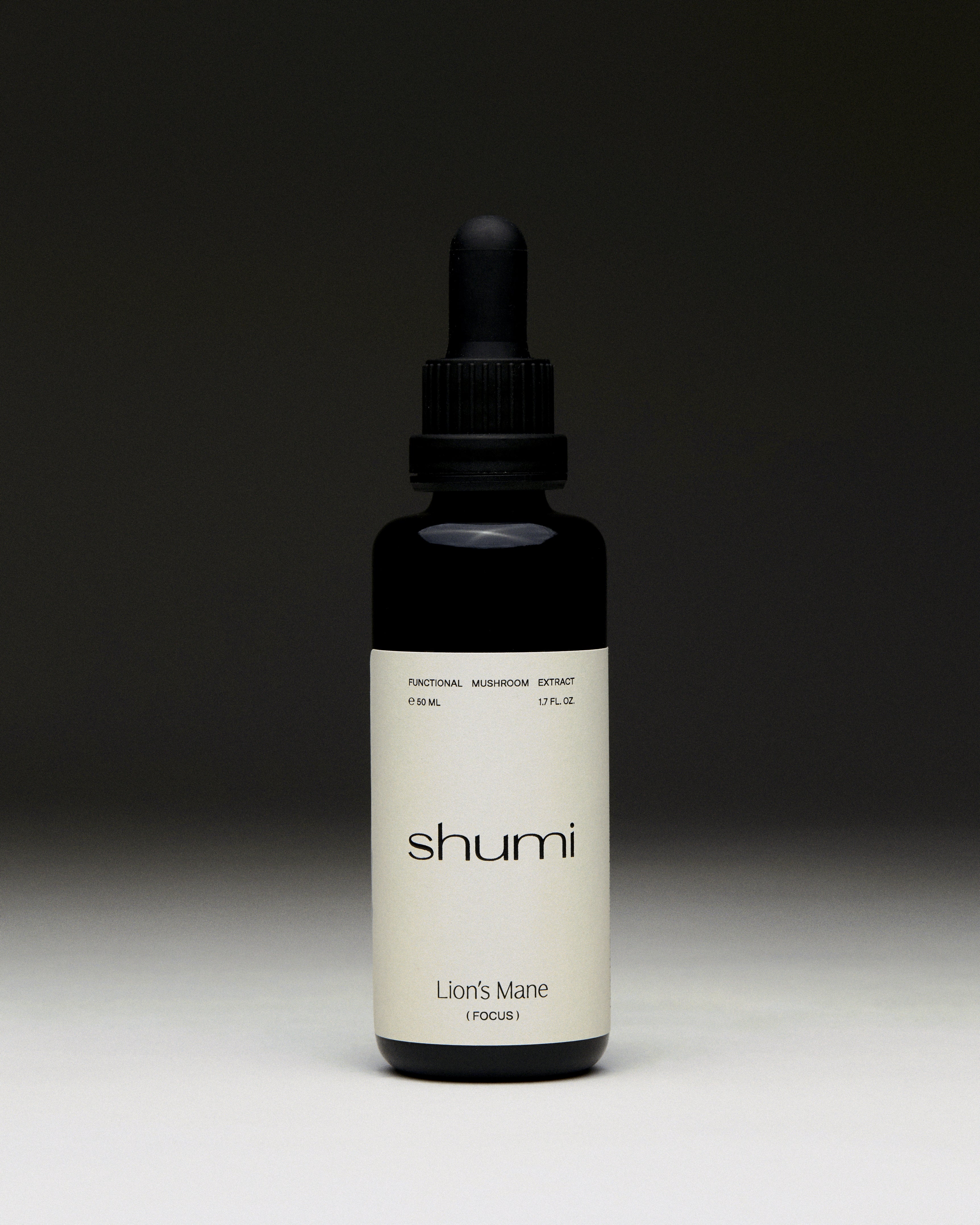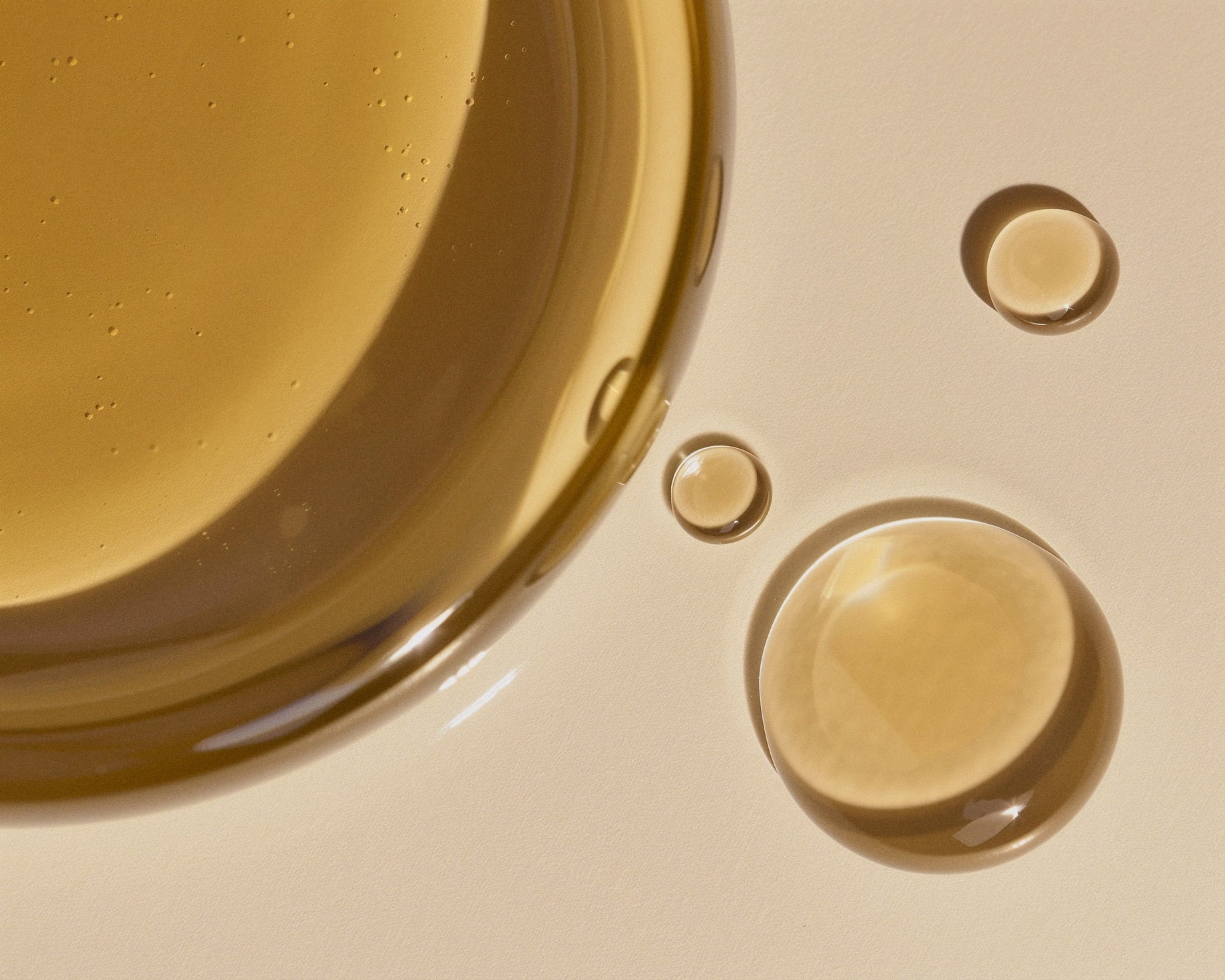Unlocking the Power of Lion's Mane: The Optimal Times to Reap Its Benefits
Have you ever wondered how a simple mushroom could enhance your mental clarity and overall well-being?
The secret lies in Lion's Mane, a fascinating natural supplement celebrated for its cognitive and health benefits. But when is the best time to take Lion's Mane to maximize its effects?
Lion's Mane, a distinctive white, shaggy mushroom resembling a lion's mane, has been used in traditional Chinese medicine for centuries. Today, it's celebrated for its potential to support brain health, improve memory and concentration, and even combat anxiety and depression. The mushroom is rich in bioactive compounds like hericenones and erinacines, which stimulate the production of nerve growth factor (NGF), crucial for maintaining and regenerating neurons. With such promising attributes, incorporating Lion's Mane into your daily routine could significantly enhance your mental and physical well-being. However, to harness its full potential, understanding the optimal times for consumption is essential.
The Best Times to Take Lion's Mane (3 different times)
Morning: Kickstart Your Day
Taking Lion's Mane in the morning can set a positive tone for your entire day. The mushroom's neuroprotective properties can enhance cognitive function, improve focus, and boost mental clarity, making it an excellent addition to your breakfast routine. By integrating Lion's Mane with your morning coffee or smoothie, you may experience heightened alertness and sustained energy levels throughout the day. This is particularly beneficial for individuals with demanding jobs or students who need to maintain concentration for extended periods. Additionally, starting your day with Lion's Mane can help regulate your circadian rhythm, promoting a balanced sleep-wake cycle. Many users report feeling more organized and mentally agile, making it easier to tackle complex tasks and problem-solving activities right from the get-go.
Benefits of Taking Lion's Mane in the Morning:
- Enhanced cognitive function and mental clarity: Begin your day with a sharper mind, ready to take on challenging tasks.
- Improved focus and sustained energy levels: Maintain concentration and avoid energy dips throughout the day.
- Regulation of circadian rhythm: Promote a healthy sleep-wake cycle for better overall health.
- Increased mental agility and organizational skills: Tackle complex tasks and stay organized with ease.
Afternoon: Combat the Midday Slump
Another strategic time to take Lion's Mane is during the afternoon, especially if you find yourself battling the dreaded midday slump. Consuming Lion's Mane after lunch can help maintain cognitive performance and prevent the post-lunch energy dip that many people experience. This can be a game-changer for those who need to stay productive and focused during the latter part of the day. Additionally, Lion's Mane's potential mood-enhancing properties can help you navigate through the afternoon with a positive and motivated mindset. The afternoon intake can also aid in reducing stress levels and promoting a calm demeanor, which is beneficial for those who face high-pressure situations or have to engage in creative tasks. By keeping your mind sharp and your mood stable, Lion's Mane can help you push through the afternoon without feeling drained or overwhelmed.
Benefits of Taking Lion's Mane in the Afternoon:
- Maintained cognitive performance and focus: Stay sharp and attentive, even after lunch.
- Prevention of post-lunch energy dip: Avoid the common afternoon energy slump and remain productive.
- Enhanced mood and motivation: Keep a positive mindset and stay motivated throughout the day.
- Reduced stress levels and promoted calm demeanor: Manage stress effectively and maintain a calm attitude, especially in high-pressure situations.
Evening: Support Restful Sleep and Recovery
While morning and afternoon are popular times for taking Lion's Mane, some individuals prefer to take it in the evening. This can be particularly beneficial for those who struggle with sleep disorders or are looking to enhance their overall sleep quality. Lion's Mane may help in reducing anxiety and promoting relaxation, making it easier to unwind and prepare for a restful night's sleep. Furthermore, its anti-inflammatory properties can support overnight recovery, making it a suitable supplement for athletes or those with physically demanding routines. Evening consumption of Lion's Mane can also enhance your body's ability to repair and regenerate cells during sleep, contributing to better overall health. By reducing nighttime awakenings and improving sleep depth, Lion's Mane can help you wake up feeling more refreshed and energized, ready to take on a new day with vigor.
Benefits of Taking Lion's Mane in the Evening:
- Reduced anxiety and promoted relaxation: Unwind and prepare for a peaceful night's sleep with a calmer mind.
- Enhanced sleep quality and depth: Experience deeper, more restorative sleep and fewer nighttime awakenings.
- Support for overnight recovery and cell regeneration: Aid your body's natural repair processes for better health.
- Feeling refreshed and energized in the morning: Wake up rejuvenated and ready to face the day with renewed energy.
Consistency is Key
Regardless of the time you choose to take Lion's Mane, consistency is crucial. Regular consumption allows your body to build up and maintain the beneficial compounds found in the mushroom, leading to more noticeable and sustained effects. It's also important to consider the form of Lion's Mane you are taking, whether it's in capsules, powder, or as part of a dietary supplement, as this can influence absorption and effectiveness. Establishing a routine that incorporates Lion's Mane at the same time each day can help reinforce its benefits, making it a reliable part of your health regimen. Over time, consistent use can lead to cumulative improvements in cognitive function, mood stability, and overall well-being, making the investment in regular supplementation worthwhile.
Personalized Approach
Everyone's body reacts differently to supplements, so it's essential to find what works best for you. Start with a lower dose and gradually increase it, paying attention to how your body responds. Consulting with a healthcare provider before starting any new supplement regimen is also recommended, especially if you have existing health conditions or are taking other medications. A personalized approach ensures that you are taking Lion's Mane in a way that aligns with your unique health profile and goals. By monitoring your progress and adjusting the timing and dosage as needed, you can optimize the benefits of Lion's Mane and make it a valuable part of your health and wellness strategy.
Conclusion
Incorporating Lion's Mane into your daily routine can offer a plethora of cognitive and health benefits. Whether you choose to take it in the morning to jumpstart your day, in the afternoon to maintain focus, or in the evening to support restful sleep, understanding the optimal times for consumption can help you maximize its potential. Remember, consistency and personalization are key to reaping the full benefits of this remarkable mushroom. By finding the right timing and dosage for your unique needs, you can unlock the power of Lion's Mane and enhance your overall well-being.
Discover the full potential of Lion's Mane with Shumi's premium extracts. Shumi's commitment to quality ensures you receive the most potent and pure products to support your health journey.
Nutrients. (2022). Effects of Lion's Mane Mushroom (Hericium erinaceus) on Cognitive Function in Healthy Volunteers: A Randomized, Double-Blind, Placebo-Controlled Parallel Group Study. Nutrients, 14(4), 765. https://doi.org/10.3390/nu14040765
Journal of Neurochemistry. (2019). Hericium erinaceus (Lion's Mane Mushroom) Promotes Neuronal Regeneration in the Rat Model of Alzheimer's Disease. Journal of Neurochemistry, 149(5), 624-635. https://doi.org/10.1111/jnc.14730
Antioxidants. (2020). Neuroprotective Effects of Lion's Mane Mushroom, Hericium erinaceus (Bull.: Fr.) Pers. (Aphyllophoromycetideae), against Alzheimer's Disease and Depression. Antioxidants, 9(2), 163. https://doi.org/10.3390/antiox9020163








